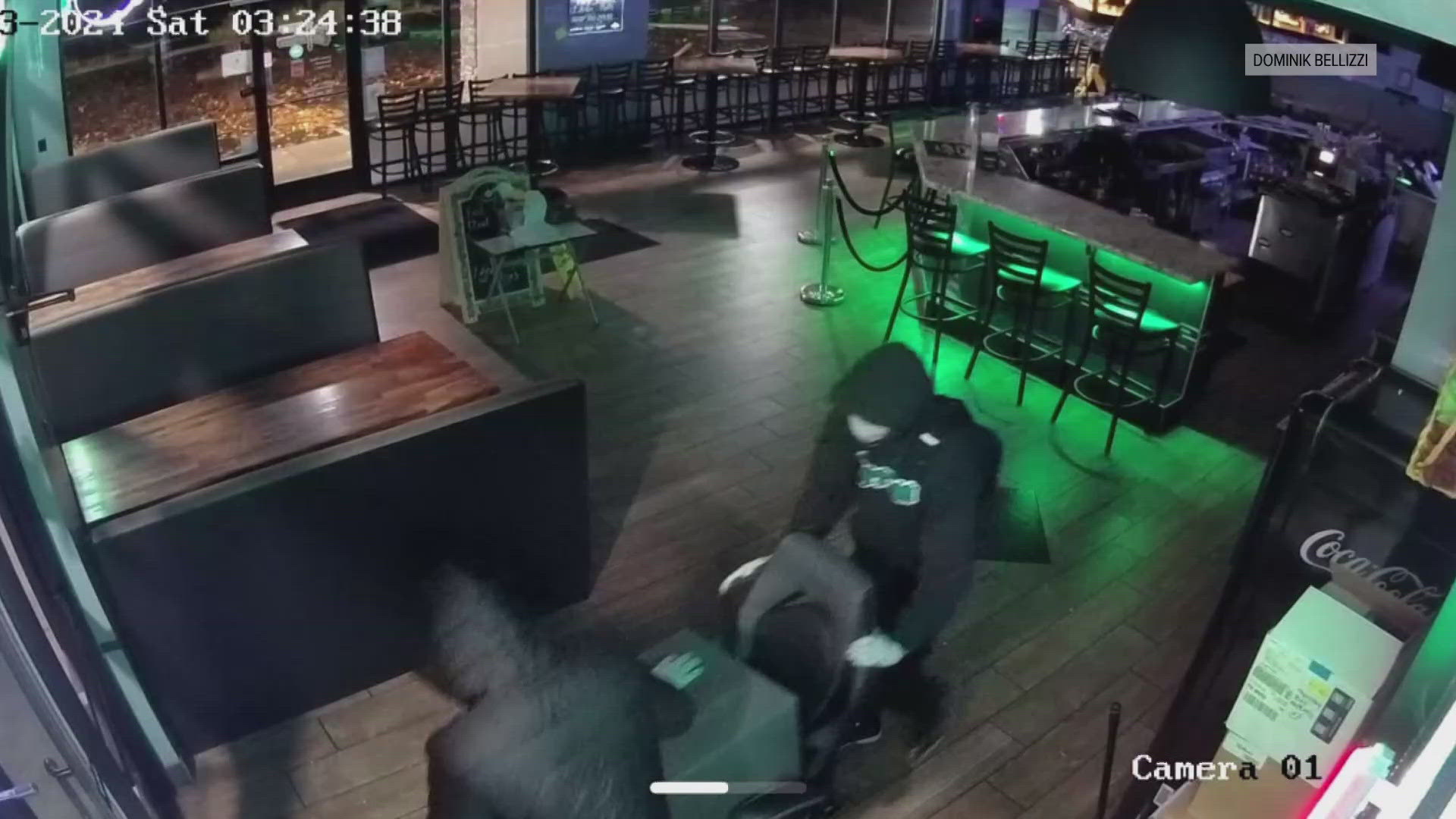A proposed California bill would require state coroner and sheriff-coroner’s offices to be replaced with a medical examiner office in counties with a population of 500,000 or greater.
The bill excludes counties that have adopted a charter--- or its own set of laws, rather than the standard state law.
Sen. Richard Pan's Senate Bill 1303 aims to eliminate the possibility of conflict of interest during an autopsy by having a licensed physician or surgeon operate separately from county agencies. Currently, state law allows non-medically trained authorities to perform autopsies. In fact, coroners technically don't even need degrees and are typically elected officials.
The bill, introduced in February, is backed by Dr. Bennet Omalu, who resigned last year from his position as chief forensic pathologist for San Joaquin County, claiming interference from Sheriff Steve Moore. Omalu and a fellow forensic pathologist, Dr. Susan Parson, both left their positions citing Moore's attempts to "control and influence" autopsy conclusions.
Omalu also performed an independent autopsy on Stephon Clark, who was shot and killed by Sacramento Police officers on March 18 in his grandmother's backyard. His findings differed from that of the Sacramento County coroner's report, creating two separate conclusions on how Clark died.
SB 1303 would specifically impact Contra Costa, Kern, Riverside, Sonoma, San Joaquin, and Stanislaus counties, according to a press statement from Sen. Pan.
While Sacramento County's population is greater than 500,000 it is a charter county so it would not be affected by the bill if passed. Other Greater Sacramento counties such as Yolo, Placer and El Dorado have populations less than 500,000.
To better understand the potential impact of the bill and what the current law is, it's important to understand the differences between a coroner, medical examiner and forensic pathologist.
Coroner-
A coroner isn't required to be a doctor and can be either appointed or elected as a county official, according to the Center for Disease Control and Prevention (CDC). A coroner investigates and/or determines a cause of death and also certifies a death but doesn't perform the actual autopsy. An investigation is conducted if a death is deemed violent, sudden or unusual. A coroner can be a citizen or in law enforcement, such as a sheriff-coroner.
Medical Examiner-
Under California law, a "medical examiner shall be a licensed physician and surgeon duly qualified as a specialist in pathology", according to the CDC. Pathology is the science of the causes and effects of diseases, typically determined through lab tests of body tissues and fluids. A medical examiner can perform autopsies and is appointed, not elected.
Forensic Pathologist-
Forensic pathology specifically focuses on determining a cause of death by examining a body.
Becoming a Forensic pathologist requires a four-year bachelor’s degree, four years of medical school, a four-year residency program, and a year-long forensic pathology fellowship-- adding up to a total of 13 years of education and training, according to Purdue University.
Like a medical examiner, a forensic pathologist can perform autopsies and is appointed, not elected.
How do coroner's offices in the Sacramento area operate?
In the Greater Sacramento area, Yolo, Placer and El Dorado counties all operate under a sheriff-coroner. The Sacramento County coroner, Kimberly Gin, is a citizen coroner. None of the coroners in the Sacramento region are physicians.
However, in the case of Stephon Clark, Gin worked with five doctors to determine the autopsy report.



